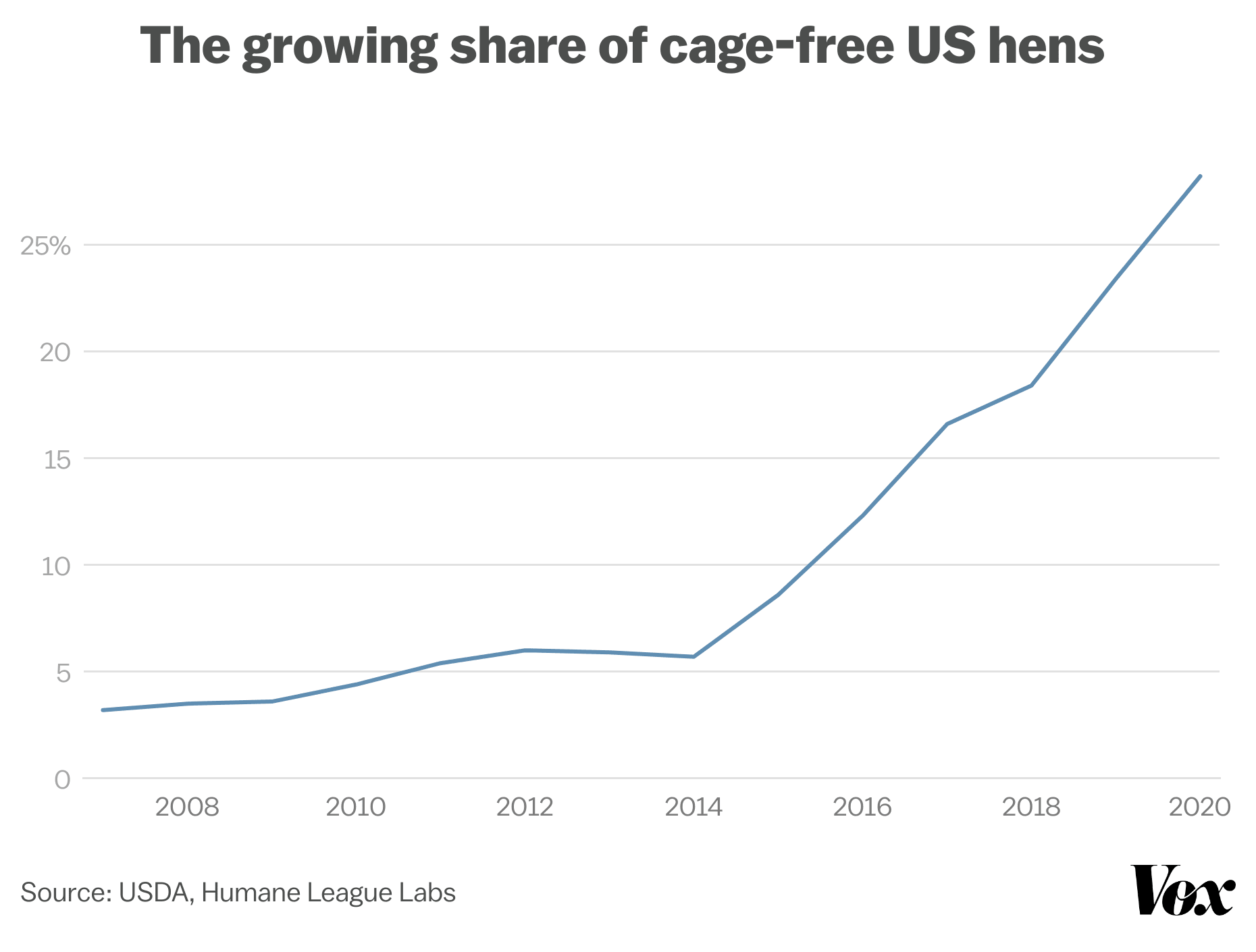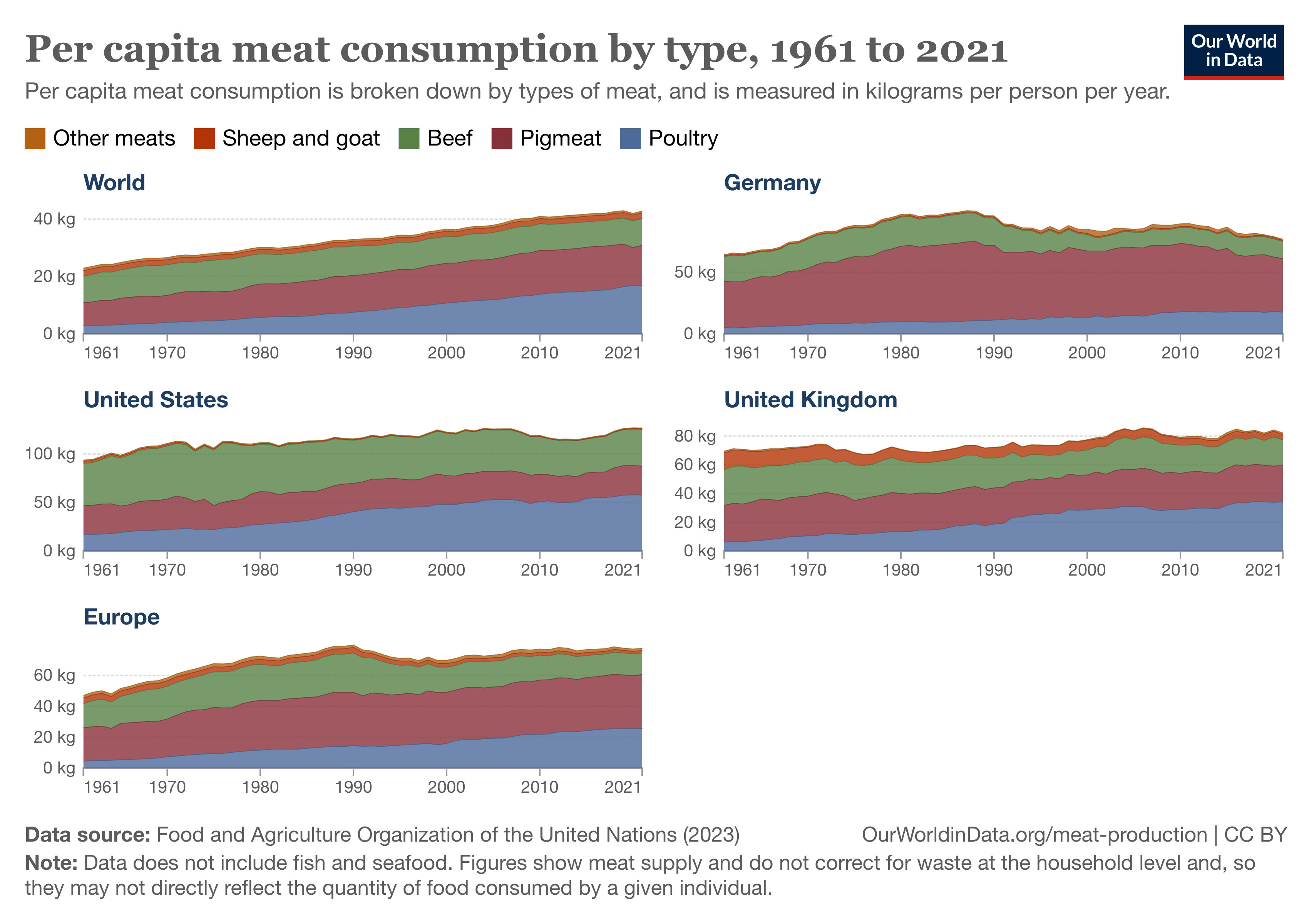JamesÖz
Bio
Currently grantmaking in animal advocacy, at Mobius. I was previously doing social movement and protest-related research at Social Change Lab, an EA-aligned research organisation I've founded.
Previously, I completed the 2021 Charity Entrepreneurship Incubation Program. Before that, I was the Director & Strategy lead at Animal Rebellion + in the Strategy team at Extinction Rebellion UK, working on movement building for animal advocacy and climate change.
My blog (often EA related content)
Feel free to reach out on james.ozden [at] hotmail.com or see a bit more about me here
Posts 32
Comments266
Very interesting - thanks for the write-up! Any chance you could share the following information on what these five projects actually are? Feel free to DM if imporant to keep private.
"As a result, five projects to address key challenges faced by the movement were launched, four of which were active as of September 2024 (one was on hold)."
There are also reasons why this might be the most animal-friendly US administration ever:
- Tulsi Gabbard, involved with Trump's transition team, is an ethical vegan/vegetarian
- RFK Jr, also involved in Trump's transition team, hates Big Ag and factory farming, and might end up in the USDA.
- Vivek Ramaswamy is getting more and more interested in animal welfare
- (more tenuous) JD Vance's wife is vegetarian and he's spoken positively about vegetarianism.
- Sid Miller, tipped to be head of the USDA, is outspoken against the EATS Act, even writing an op-ed on why we should uphold things like Prop 12 and Question 2.
Basically, this is a great example of the importance of working in a bipartisan way. If the animal movement had been more focused on building political allies on both sides of the aisle, this could actually be some of the best opportunity to pass anti-factory farming legislation.
I work as a grantmaker for a larger donor but as part of my role, I offer pro-bono advising to people giving $50k+ to animal welfare. If anyone is interested in this, feel free to message me via the Forum and happy to help!
(I’ve also advised donors giving $2-10M so feel free to reach out if you want to give at higher amounts too.)
Thanks for the kind words Toby! Yes, sadly the trends are not particularly positive at all.
There actually is some useful OWID data on hens and sadly it's not particularly positive on a global level (they estimate at least 3 billion in cages but I've heard this is likely an under-estimate and it's closer to 4-5 billion).

That said, there is certainly progress in the US and Western Europe, covered in this Vox article. The US cage-free percentage is around 42% now and I believe all cage-free progress across US and Europe equates to around 300 million hens out of cages relative to a couple of decades ago - a huge victory for animals and the animal advocacy movement as you note.

In terms of the Kuznets curve, that's definitely interesting and I agree it's worth considering if there is some element of progress in economically developed countries which will hopefully be matched as other countries develop. I think this is fairly clear for things like getting rid of some of the worst farming practices e.g. battery cages or gestation crates for pigs which has seen considerable success across the US and Europe. However, it's less clear on the meat consumption side of things as only Germany has seen a notable decline in meat consumption in the past 30 or 40 years (although we have seen a levelling off in the US and Europe which is some positive sign). That said, there is more chicken being eaten in most of these countries which likely means more animals farmed and killed overall. As such, I'm not convinced we have signs of a Kuznets curve for total animal suffering as it's quite likely the improvements we've made in outlawing some of the worst practices like battery cages are offset by increased chicken consumption.

Not necessarily as severe as hitting a wall for the next few decades but in brief:
- I don't think agriculture is one industry that will be transformed that rapidly (e.g. on the order of months or years) due to AI, mainly because:
- There are lots of traditions and cultural things around food so I don't imagine people will want to dramatically change how they eat over the next decade or two
- Agriculture involves human feedback loops (e.g. consumers trying products and giving feedback) which makes it hard to accelerate exponentially with AI progress (unlike predicting protein folding via AI or writing code)
- Any advancements in AI are likely to benefit the animal agriculture industry just as much, if not more, as animal advocates
- Given the animal ag industry is orders of magnitude richer than us, I assume they will have more capacity to try to integrate AI into their work e.g. intensifying factory farming (see this blog for more info). This further locks in the trends mentioned above
- We will use AI for alt protein innovation but again, this has long feedback loops due to needing human taste tests and product development, so I just don't think we'll get dramatically better products that quickly

I would find this compelling but I think there are pretty strong social incentives to not disagree publicly with the fund managers so you either need a mechanism to get around that or need someone who is very happy to disagree publicly and incur social/reputational costs